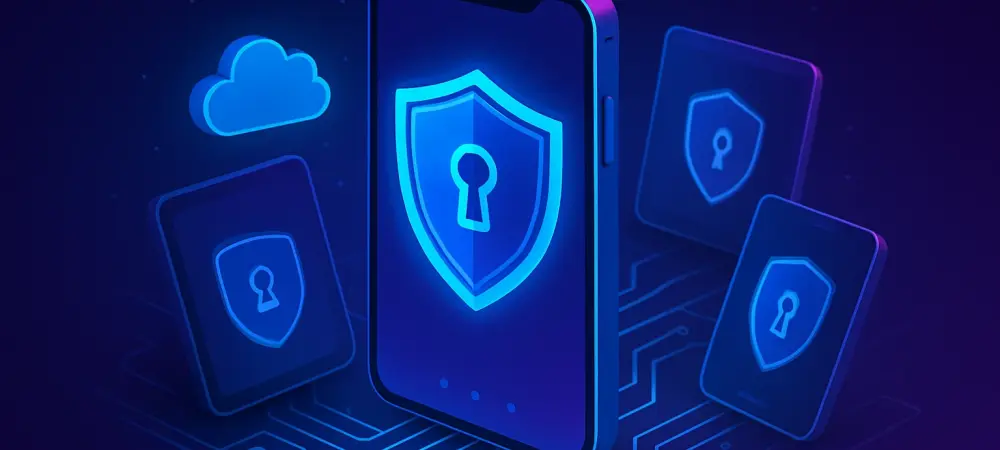Setting the Stage for VPN Concerns
In an era where online privacy is under constant threat, consider a scenario where millions of smartphone users download free VPN apps, believing they’ve secured their data while browsing on public Wi-Fi at a local café. The promise of anonymity and protection is enticing, yet beneath this veneer of safety lies a troubling reality that many fail to recognize. Virtual Private Networks, or VPNs, are tools designed to safeguard online activity by routing traffic through third-party servers and masking user information, but the free versions flooding app stores often fall short of this promise, exposing users to significant risks.
The surge in demand for VPNs stems from legitimate needs such as protecting personal data, securing connections on public networks, and bypassing content restrictions or platform bans. With countless free options available for both iPhone and Android devices, many users are drawn to these cost-free solutions without fully understanding the potential pitfalls. This review delves into the technology behind free VPN apps, assessing their features, performance, and inherent dangers in a digital landscape increasingly saturated with questionable offerings.
Analyzing Features and Performance of Free VPN Apps
Core Functionality and Marketed Benefits
At their core, VPNs are marketed as essential tools for enhancing privacy and security online. By encrypting data and masking IP addresses, they aim to shield users from prying eyes, whether on unsecured networks or in regions with restricted content access. This technology holds immense value in an environment where cyber threats are rampant, making the appeal of free VPN apps understandable for those seeking protection without financial commitment.
However, the reality of what free VPN apps deliver often diverges from their advertised benefits. While the concept of routing traffic through secure servers sounds robust, many of these applications lack the infrastructure or technical rigor to ensure genuine safety. Users are frequently promised unrestricted access and anonymity, but the underlying mechanisms in free versions are often insufficient to meet these expectations, leaving a gap between marketing and actual performance.
Security Flaws and Privacy Shortcomings
Diving deeper into the technology, research reveals alarming flaws in many free VPN apps. Studies analyzing hundreds of such applications on Android and iOS platforms have uncovered issues like data leaks, inadequate encryption, and reliance on outdated code that hackers can easily exploit. These shortcomings mean that instead of protecting user information, the apps may inadvertently expose it to malicious entities.
Beyond technical deficiencies, a significant concern is the invasive nature of permissions requested by these tools. Many free VPNs demand access to unrelated device functions, raising red flags about data harvesting practices. This behavior not only undermines the privacy they claim to offer but also positions these apps as potential conduits for personal information to be sold or misused, directly contradicting their intended purpose.
User Perception and Market Prevalence
A critical aspect of this technology’s impact lies in its widespread availability and the false sense of security it fosters. Free VPN apps are readily accessible on official app stores, leading users to assume that their presence on trusted platforms equates to reliability. This misconception is particularly dangerous as it encourages reliance on tools that may compromise rather than protect data.
The sheer volume of downloads for these apps reflects a growing trust in free solutions, despite evidence of their risks. This trend poses challenges for both individual users and enterprises, as a single insecure app can become the weakest link in a broader security framework. The technology, while accessible, often fails to deliver on its core promise, amplifying vulnerabilities in an already complex digital ecosystem.
Conclusion: Verdict and Path Forward
Reflecting on this critical evaluation, it becomes evident that free VPN apps often fall short of their marketed potential, posing substantial risks through security flaws and privacy violations. The technology, while conceptually sound, suffers from poor implementation in many free offerings, leaving users exposed to data interception and other cyber threats.
Looking ahead, the actionable step for users is to pivot toward reputable, paid VPN services that prioritize robust encryption and transparent data practices. Investing in trusted providers offers a reliable shield against online vulnerabilities, a necessary move in safeguarding personal and professional information. As the digital landscape continues to evolve, educating oneself on the limitations of free tools and advocating for stricter app store vetting processes emerge as essential considerations for enhancing overall cybersecurity.

